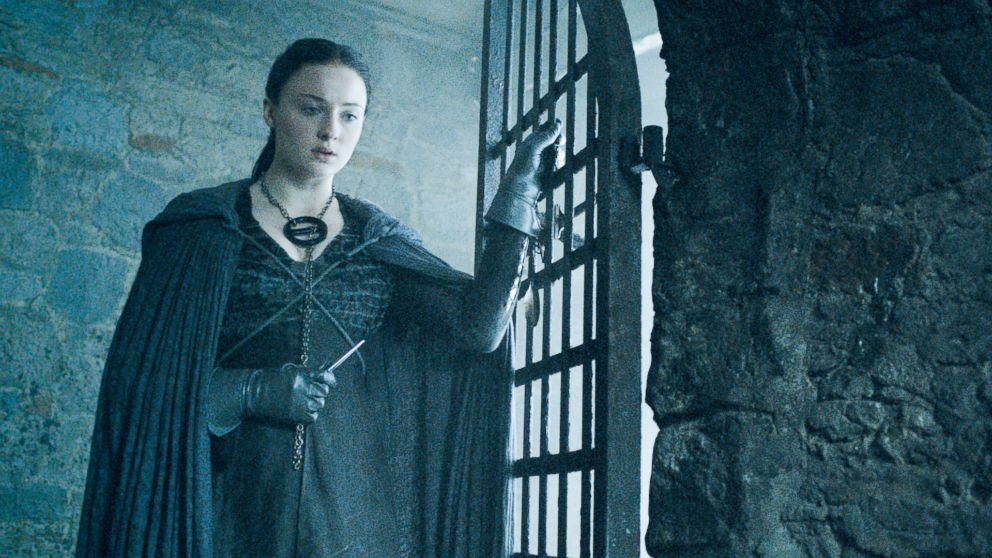George R.R. Martin Defends Violence Against Women in 'Game of Thrones'
The author of the books explains why women are treated the way they are.

— -- The steady stream of violence against women bothers many "Game of Thrones" viewers, but the anger level rose sharply a few weeks ago when character Sansa Stark was assaulted by her new husband.
The attack was the latest act of mistreatment of some of the most-liked female characters in the HBO series.
Today, George R.R. Martin released a lengthy statement for Entertainment Weekly, explaining that the violence is in his stories and subsequently the show (although the violence in the show sometimes differs from the original books and isn't his decision to change) is rooted in historical ties.
"The books reflect a patriarchal society based on the Middle Ages. The Middle Ages were not a time of sexual egalitarianism. It was very classist, dividing people into three classes. And they had strong ideas about the roles of women. One of the charges against Joan of Arc that got her burned at the stake was that she wore men’s clothing—that was not a small thing," he told the magazine.
He continued, "There were, of course, some strong and competent women. It still doesn’t change the nature of the society. And if you look at the books, my heroes and viewpoint characters are all misfits. They’re outliers. They don’t fit the roles society has for them. They’re ‘cripples, bastards, and broken things — a dwarf, a fat guy who can’t fight, a bastard, and women who don’t fit comfortably into the roles society has for them (though there are also those who do — like Sansa and Catelyn)."
Martin also addressed the critics who may dismiss that argument, saying his books are fantasy.
“Now there are people who will say to that, ‘Well, he’s not writing history, he’s writing fantasy — he put in dragons, he should have made an egalitarian society.’ Just because you put in dragons doesn’t mean you can put in anything you want. If pigs could fly, then that’s your book. But that doesn’t mean you also want people walking on their hands instead of their feet. If you’re going to do [a fantasy element], it’s best to only do one of them, or a few. I wanted my books to be strongly grounded in history and to show what medieval society was like, and I was also reacting to a lot of fantasy fiction," he added.
Martin went on to add that many female fans of the books come up to him and say they admire his female characters.
"To be non-sexist, does that mean you need to portray an egalitarian society? That’s not in our history; it’s something for science fiction. And 21st-century America isn’t egalitarian, either. There are still barriers against women. It’s better than what it was. It’s not 'Mad Men' any more, which was in my lifetime," he said.
And, he added, rape has always been a byproduct of war -- one that has never gone away.
"I’m writing about war, which what almost all epic fantasy is about. But if you’re going to write about war, and you just want to include all the cool battles and heroes killing a lot of orcs and things like that and you don’t portray [sexual violence], then there’s something fundamentally dishonest about that. Rape, unfortunately, is still a part of war today. It’s not a strong testament to the human race, but I don’t think we should pretend it doesn’t exist," he said.




